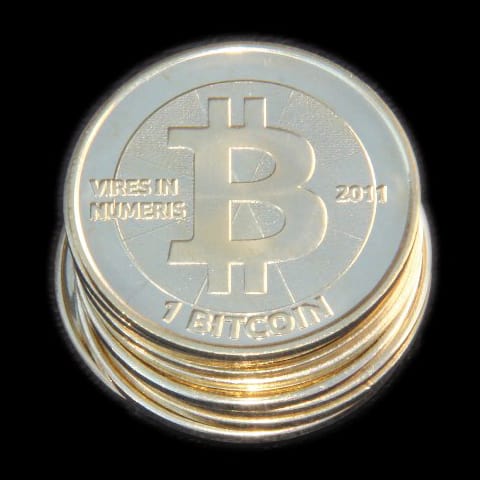Charlie Shrem, who became a tycoon at 24 in the virtual currency Bitcoin, was arrested Monday and charged with money laundering in connection with a scheme to sell more than $1 million in bitcoins to people trafficking drugs on the Silk Road website.
Shrem’s arrest at John F. Kennedy International Airport in New York comes less than a year after he raised $1.5 million for his start-up, a Bitcoin exchange known as BitInstant, which suspended operations this past summer. Shrem also serves on the board of the Bitcoin Foundation, the closest thing the payment technology has to an official voice.
His arrest stunned the Bitcoin community and marked a setback in the currency’s bid for legitimacy. But federal prosecutors appeared to signal that they have no intention of targeting the currency itself.
“Truly innovative business models don’t need to resort to old-fashioned law-breaking,” Manhattan U.S. Attorney Preet Bharara said in a statement. “When Bitcoins, like any traditional currency, are laundered and used to fuel criminal activity, law enforcement has no choice but to act.”
A spokesman for the Bitcoin Foundation said the group was “surprised and shocked by the news today. As a foundation, we take these allegations seriously and do not condone illegal activity.”
News accounts paint Shrem as a highflier who discovered Bitcoin while a senior at Brooklyn College in 2011, bought thousands of bitcoins when they were worth a few cents apiece and is now probably worth millions of dollars. Before graduation, he started BitInstant, a company that helps people purchase the digital currency.
According to a criminal complaint filed Monday in U.S. District Court, Shrem quickly made the acquaintance by email of a Florida man, Robert Faiella, 52, who was seeking to convert large sums of cash into bitcoins, the only currency accepted on Silk Road.
Silk Road, which was shutdown by the FBI in October, allowed users to buy everything from heroin to fake IDs. The complaint alleges that Shrem was “personally familiar” with Silk Road as “a drug-trafficking website,” citing a February 2012 email Shrem wrote to a friend.
” ‘[W]ow, Silk Road actually works,'” Shrem wrote, “explaining that he had just received a shipment of marijuana ‘Brownies,’ ” according to the complaint.
Although Shrem was responsible for reporting suspicious transactions on BitInstant, the complaint alleges that he actively assisted Faiella in obtaining more than $1 million worth of bitcoins, which Faiella then sold to Silk Road customers at a hefty markup.
“Upon receiving orders for Bitcoins from Silk Road users,” the government said, Faiella filled the orders through BitInstant, which “was designed to enable customers to exchange cash for Bitcoins anonymously, that is, without providing any personal identifying information, and it charged a fee for its service.”
According to the government, that runs afoul of U.S. money-laundering laws, which require payment companies such as BitInstant to collect information about their customers, monitor their transactions and report “suspicious” transactions to the government.
Faiella is also facing charges. Shrem and his attorney could not be reached for comment.
The charges against Shrem mark the latest controversy involving BitInstant, which was once a highflying start-up. Nine months ago, BitInstant raised $1.5 million from a group led by Tyler and Cameron Winklevoss, brothers who rose to fame as early contributors to the Facebook concept and have since earned tens of millions of dollars in profits by investing in bitcoins.
But a few weeks after accepting the “Winklevii” cash, BitInstant announced that it was suspending operations. That triggered a class-action lawsuit by BitInstant customers.
In an email, the Winklevoss brothers said they were “obviously deeply concerned about” Shrem’s arrest and “will do everything we can to help law enforcement officials.”
“We fully support any and all governmental efforts to ensure that money laundering requirements are enforced,” they said, “and look forward to clearer regulation being implemented on the purchase and sale of bitcoins.”
© 2013, The Washington Post






